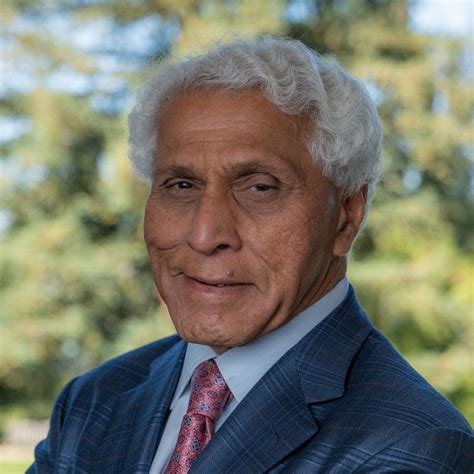A Quote by Preet Bharara
From coast to coast, the FBI and Securities and Exchange Commission have ensnared people not only at hedge funds, but at technology and pharmaceutical companies, consulting and law firms, government agencies, and even a major stock exchange.
Related Quotes
The field of U.S. cancer care is organized around a medical monopoly that ensures a continuous flow of money to the pharmaceutical companies, medical technology firms, research institutes, and government agencies such as the Food and Drug Administration (FDA) and the National Cancer Institute (NCI) and quasi-public organizations such as the American Cancer Society (ACS).
When I was 23, 24, I started covering hedge funds - a lot of this was luck - when no one else did. This was before hedge funds were the prettiest girl in school: this was pre-nose job and treadmill for hedge funds, when nobody talked to them - back then, it was just all about insurance companies and money managers.
The organization of the government itself is something which we ought to examine in a more self-conscious way - the Federal Reserve and the Treasury and the Securities and Exchange Commission. The mission that each of them has is mainly economic but should be informed by good organizational practices.
If a country is an attractive place for foreigners to invest their funds, then that country will have a relatively high exchange rate. If it's an unattractive place, it will have a relatively low exchange rate. Those are the fundamentals that determine the exchange rate in a floating exchange rate system.
Insurance companies, government agencies, and the pharmaceutical industry all push for mental health care that is brief, intermittent, and focused on quick fixes, despite the fact that many people struggle with emotional difficulties that can only be addressed over time using special psychodynamic skills.
We are seeing more managed money and, to an extent, institutional money entering the space. Anecdotally speaking, I know of many people who are working at hedge funds or other investment managers who are trading cryptocurrency personally, the question is, when do people start doing it with their firms and funds?



































